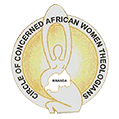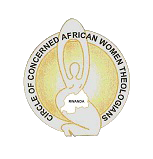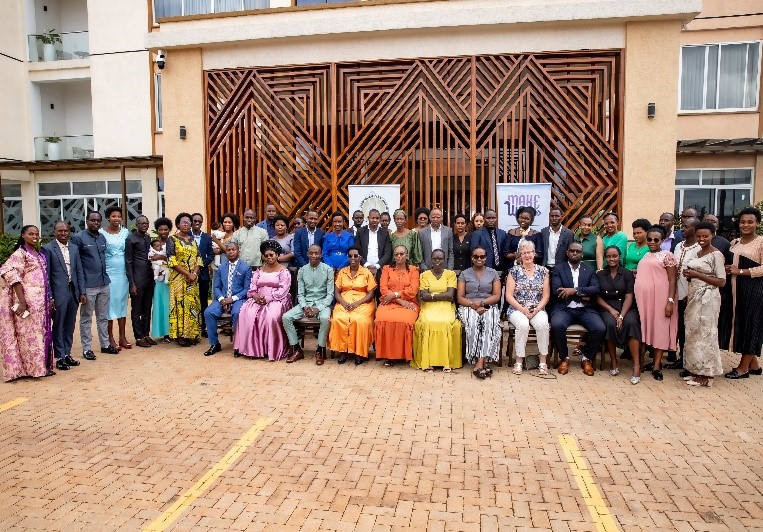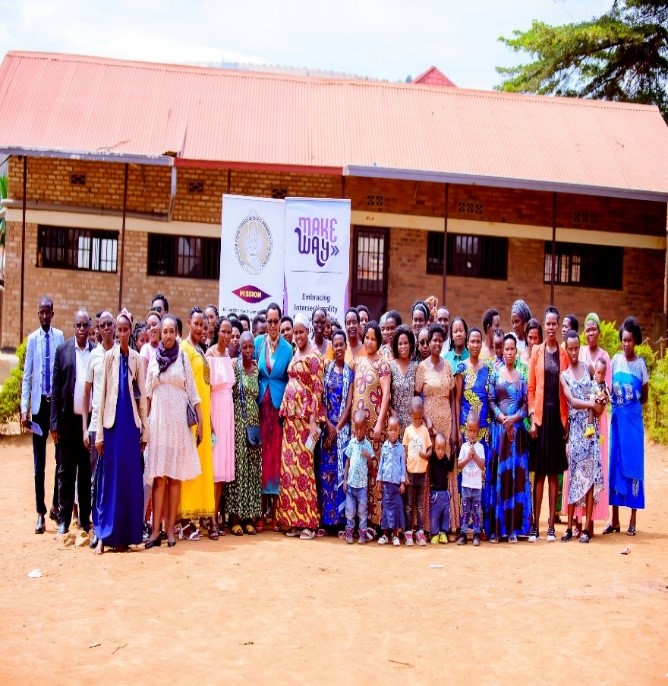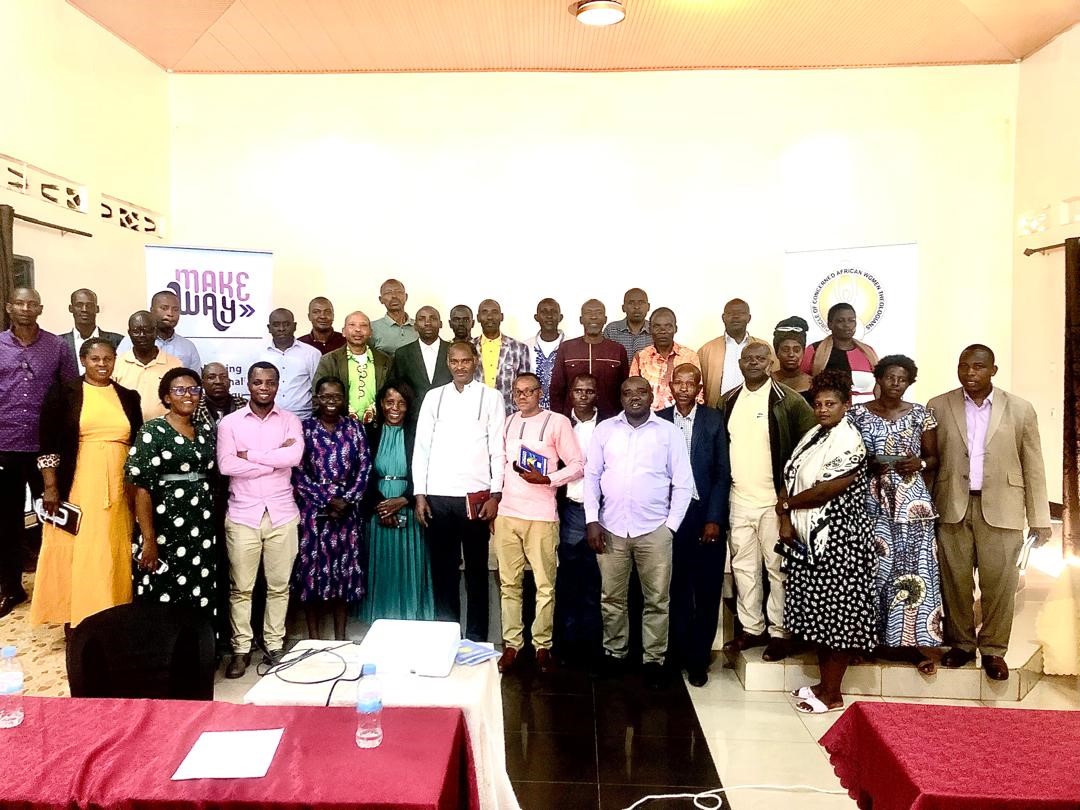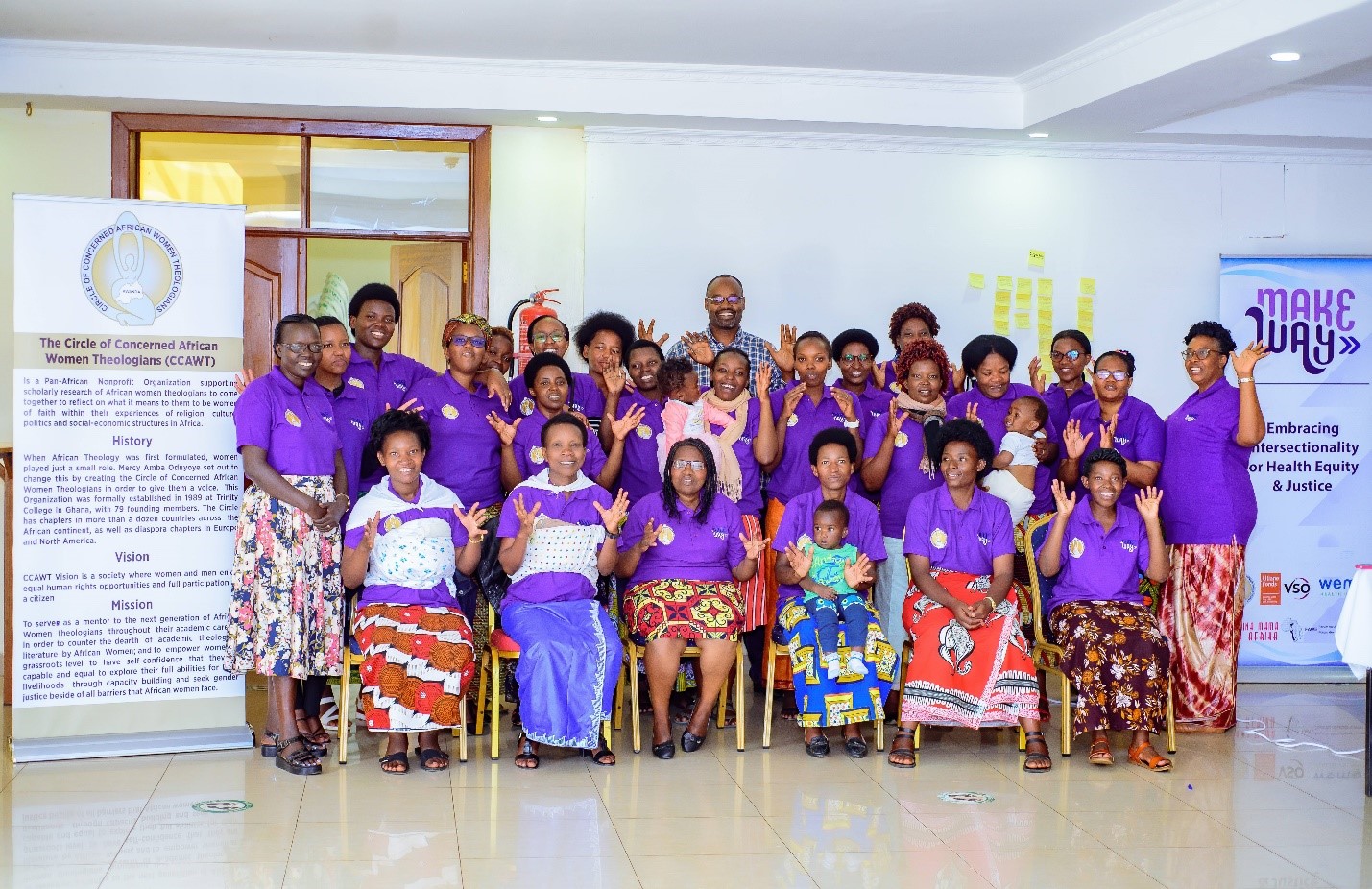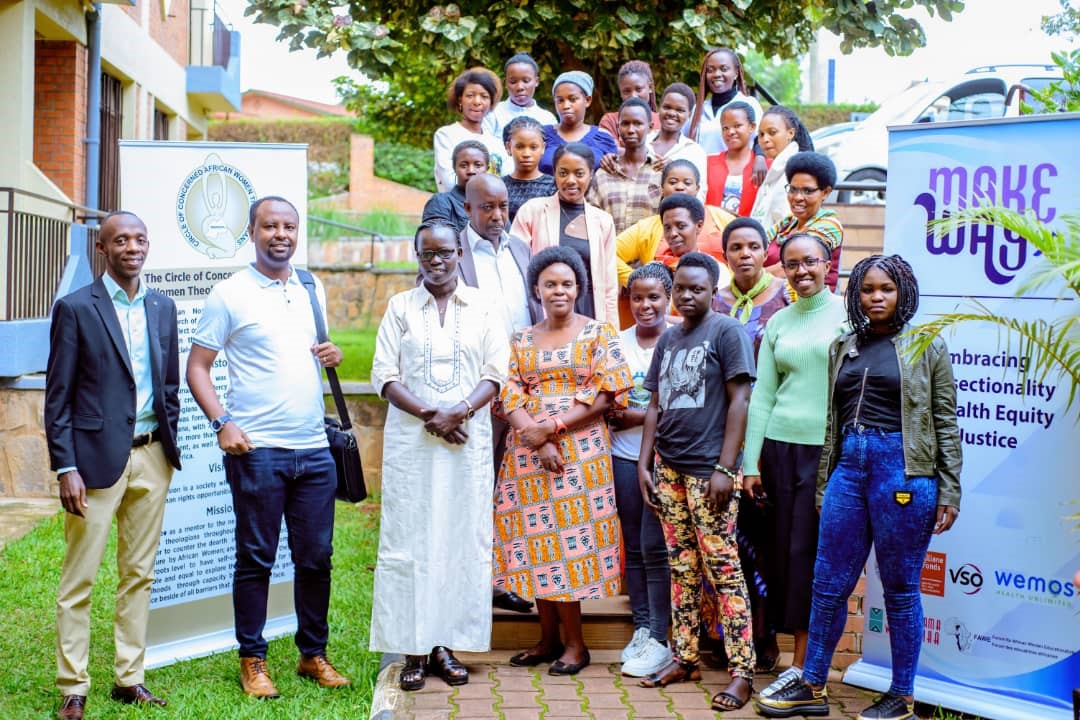- circlerwanda@gmail.com
- KK 698 St, Kigali
A Major Gap Identified in Religious Leaders' Understanding of Reproductive Health
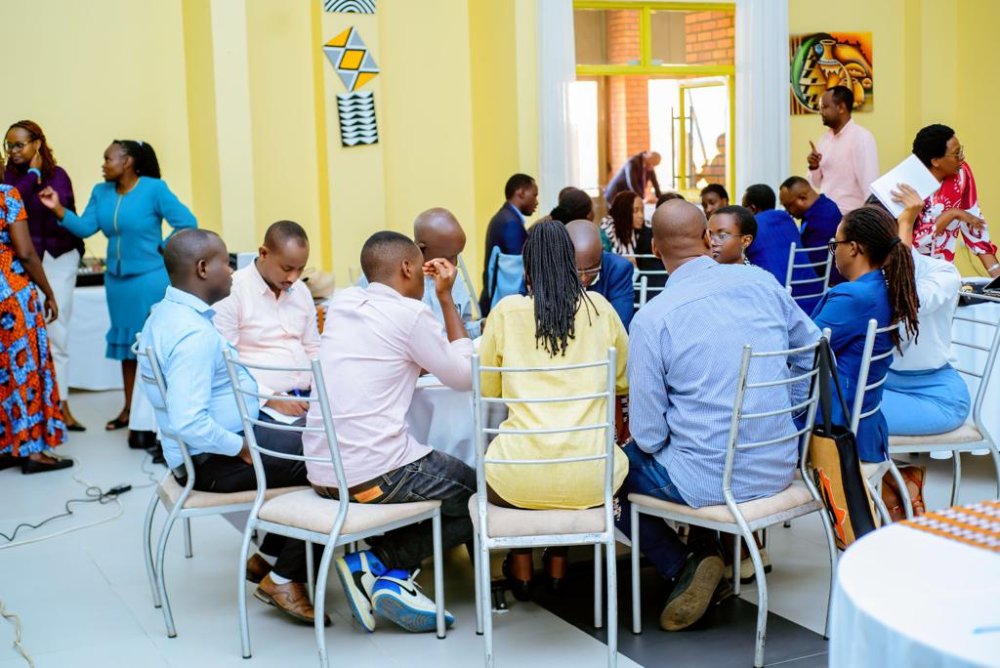
A Major Gap Identified in Religious Leaders' Understanding of Reproductive Health
February 20, 2024, 3:53 AM
The Circle of Concerned African Women Theologians Rwanda has unveiled a study highlighting significant gaps in the understanding of reproductive health among religious leaders and church communities.
The findings were presented on Monday, February 19, at Sainte Famille Hotel. The study focused on the perspectives of religious leaders and communities in the districts of Rusizi, Gasabo, and Nyagatare concerning reproductive health education.
This research was conducted under the Make Way program, which operates in five African countries and involves 14 non-governmental organizations. Its goal is to advocate for reproductive health awareness among youth facing intersectional challenges.
The study was led by Rev. Dr. Nagaju Muke, Chairperson of the Circle of Concerned African Women Theologians Rwanda.
She explained that the research was initiated after observing that reproductive health is often considered taboo in religious institutions, with leaders avoiding the subject despite their influence and credibility within their communities.
Rev. Mukamakuza Thérèse, the Executive Secretary of the Circle of Concerned African Women Theologians in Rwanda, noted that many religious leaders fail to address reproductive health in their teachings, even though it is a fundamental part of life created by God and frequently referenced in the Bible.
She stated:
“The Bible does not distance itself from reproductive health. In Genesis 1, God commands humanity to ‘be fruitful and multiply,’ indicating that it is part of God’s will and should be discussed with God’s people.”
She added:
“This issue concerns us because we have young people in our churches who need to be informed about how to behave and make sound decisions regarding their lives.”
Study Findings
The study revealed diverse opinions among participants. Some believe reproductive health topics should not be discussed in religious settings, while others argue they should.
Rev. Mukamakuza emphasized:
“Youth in churches need to be educated and informed about reproductive health to make responsible decisions. While these topics may not be openly discussed, their impacts are felt by all.”
The findings showed that religious leaders’ understanding of reproductive health remains limited, which is why the organization is collaborating with other groups to promote awareness and drive change.
Jean Claude Nkurikiye, from Empower Rwanda, an organization partnering with Make Way, pointed out that the lack of awareness among religious leaders contributes to persistent issues, such as teenage pregnancies.
He explained:
“The cultural and religious beliefs in our communities often prevent victims of sexual violence from speaking out, which hinders their ability to seek justice and support.”
Personal Testimony
One teenage mother who became pregnant after being assaulted shared her experience. She grew up in a devout family but lacked access to reproductive health information, which profoundly affected her life.
She said:
“Parents and religious leaders need to have deep conversations with children. Skipping these topics has long-term negative effects. If my parents had told me about going to Isange One Stop Center or a health center after being assaulted, it would have helped me take immediate action. Unfortunately, I had no information.”
Recommendations for Religious Leaders
Religious leaders were urged to avoid stigmatizing teenage mothers in their congregations by expelling them from churches. Instead, they should offer support and use these experiences to educate others.
Bishop Dr. Bunini Gahungu, Chairperson of the Alliance Evangelique, encouraged church leaders to integrate reproductive health topics into their teachings.
He said:
“These topics are rarely addressed in Sunday sermons. However, the consequences are evident when young girls in choirs become pregnant. As pastors, we are often the first to expel them from the church. If you remove five talented choir members, the church also suffers setbacks.”
The study’s findings were recommended for dissemination to grassroots religious communities, ensuring they are well-informed about reproductive health.
Key Discussions and Next Steps
Participants at the study’s launch discussed strategies for engaging religious leaders in reproductive health education.
They also delivered presentations on the role of religious leaders in teaching reproductive health, emphasizing its importance in shaping healthier communities.
 Participants in the research presentation discussed the strategies to be adopted.
Participants in the research presentation discussed the strategies to be adopted.

 Discussions were held on the role of religious leaders in teaching about sexual and reproductive health.
Discussions were held on the role of religious leaders in teaching about sexual and reproductive health.


 Religious leaders were urged to contribute to increasing knowledge about sexual and reproductive health.
Religious leaders were urged to contribute to increasing knowledge about sexual and reproductive health.
